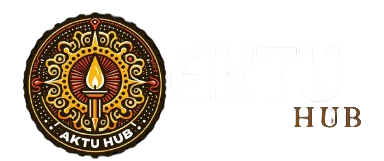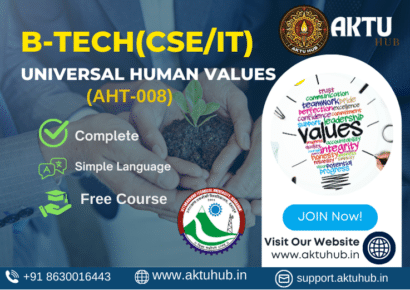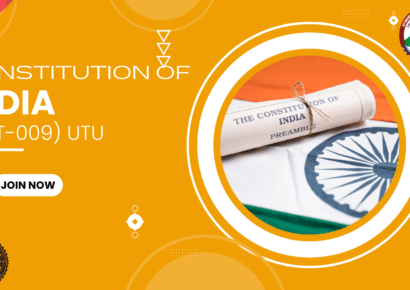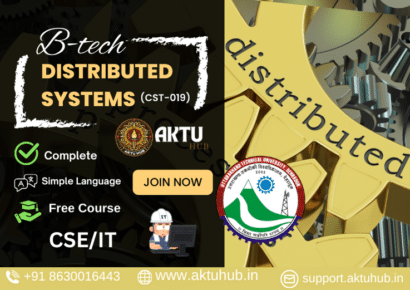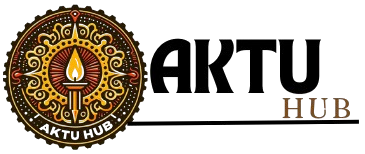Currently Empty: ₹0.00
ESSENCE OF INDIAN TRADITIONAL KNOWLEDGE (AHT-010) UTU
Indian traditional knowledge blends philosophy, spirituality, Ayurveda, sustainability, and cultural arts, offering holistic wisdom for health, ethics, and harmony.
- Intermediate
- 34
- June 10, 2025
- Certificate of completion

About Course
COURSE OBJECTIVES: The objectives of this course are to
- To facilitate the students with the concepts of Indian traditional knowledge and to make them understand the Importance of roots of knowledge system.
- To make the students understand the traditional knowledge and analyses it and apply it to their day to day life.
- To make the students know the need and importance of protecting traditional knowledge.
- To make the students understand the concepts of Intellectual property to protect the traditional knowledge.
- This course is also concentrating on various acts in protecting the environment and Knowledge management impact on various sectors in the economy development of the country.
COURSE OUTCOMES: On successful completion of the course, the students will be able to
- Understand the concept of Traditional knowledge and its importance.
- Know the need and importance of protecting traditional knowledge.
- Know the various enactments related to the protection of traditional knowledge.
- Understand the concepts of Intellectual property to protect the traditional knowledge.
- Know the contribution of scientists of different areas.
Course Content :-
Unit – 1 Introduction to Traditional and Culture Knowledge
Define culture, traditional, civilization and heritage knowledge, nature and characteristics, scope and importance, kinds of traditional knowledge, the physical and social contexts in which traditional knowledge develop, the historical impact of social change on traditional knowledge systems. Indigenous Knowledge (IK). Indigenous traditional knowledge Vs western traditional knowledge vis-à-vis formal knowledge.
Unit – 2 Protection of Traditional Knowledge
Protection of traditional knowledge: The need for protecting traditional knowledge Significance of traditional knowledge Protection, value of traditional knowledge in global economy, Role of Government to harness traditional knowledge.
Unit – 3 Traditional Knowledge and Intellectual Property
Systems of traditional knowledge protection, Legal concepts for the protection of traditional knowledge, Certain non IPR mechanisms of traditional knowledge protection, Patents and traditional knowledge, Strategies to increase protection of traditional knowledge, Global legal forums for increasing protection of Indian Traditional Knowledge.
Unit – 4 Traditional Knowledge in Different Sectors
Traditional knowledge in engineering, biotechnology and agriculture, traditional medicine system, Traditional societies depend on it for their food and healthcare needs, Importance of conservation and sustainable development of environment, Management of biodiversity, Food security of the country and protection of traditional knowledge.
Unit – 5 Education System in India
Education in ancient, medieval and modern India, aims of education, subjects, languages, Science and Scientists of Ancient India, Scientists of Medieval India, Scientists of Modern India. The role Gurukulas in Education System, Value based Education.
Course Content
Unit – 1 Introduction to Traditional and Culture Knowledge
-
Introduction to Traditional and Culture Knowledge
-
Define culture
-
Traditional
-
Civilization and heritage knowledge
-
Nature and characteristics
-
Scope and importance
-
Kinds of traditional knowledge
-
The physical and social contexts in which traditional knowledge develop
-
The historical impact of social change on traditional knowledge systems
-
Indigenous Knowledge (IK)
-
Indigenous traditional knowledge Vs western traditional knowledge vis-à-vis formal knowledge
Unit – 2 Protection of Traditional Knowledge
Unit – 3 Traditional Knowledge and Intellectual Property
Unit – 4 Traditional Knowledge in Different Sectors
Unit – 5 Education System in India
Prevoius Year Questions (2,5 and 10 marks)

No Review Yet
